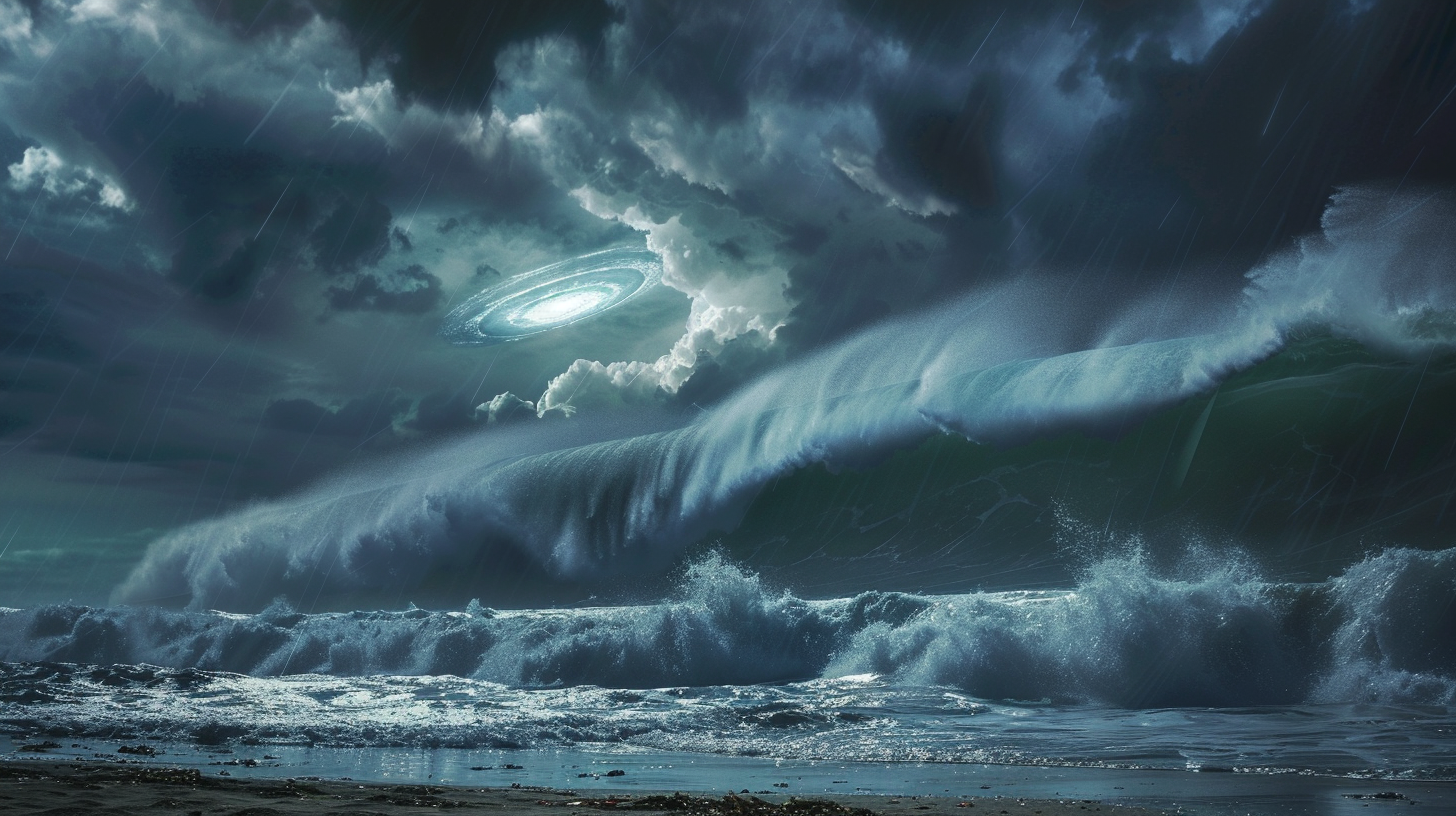Plunged deep within the intricate tapestry of olden sagas lies the elusive Sumerian myth of the “Deluge.” Resonating across epochs and geographies, flood narratives from assorted cultures present a myriad of interpretations and subtleties. The striking similarities between Sumerian flood tales and stories from far-flung lands prompt us to investigate the captivating notion of a collective cosmic influence shaping these venerable fables.
Nestled within the chronicles of Sumerian tradition, the Deluge epic, immortalized in the Epic of Gilgamesh and other ancient texts, narrates a cataclysmic deluge orchestrated by the divine to cleanse the Earth of human transgressions. Led by the god Enki, the wise ruler Ziusudra constructs a massive ark to protect himself, his kin, and a diverse ensemble of creatures from the impending deluge. Following the flood, Ziusudra and his companions emerge to repopulate the earth—a tale reflecting flood myths dispersed throughout varied civilizations.
From the biblical account of Noah’s Ark to the legend of Atrahasis in ancient Mesopotamia, flood chronicles have captivated mankind for ages. Nonetheless, the lingering question remains: what lies at the core of the universality of these narratives? One intriguing hypothesis suggests the presence of shared cosmic knowledge.

Proponents of this idea posit that ancient societies may have engaged with advanced beings from distant realms, who imparted wisdom and insights that manifested in myth and folklore. According to this theory, the resemblances between Sumerian flood myths and analogues in diverse traditions suggest a shared lineage—a celestial influence shaping humanity’s collective psyche and heritage.
While the notion of shared cosmic knowledge remains speculative, it prompts us to revisit our understanding of ancient lore and its origins. Whether interpreted as allegorical tales of divine retribution or echoes of encounters with superior entities, flood myths draw us into the labyrinthine depths of the human psyche and our enduring fascination with the mysteries of the cosmos.
As we venture deeper into the analysis and decoding of these ancient manuscripts, we are reminded that history is not always a distant artifact. Whether the Great Flood represents a historical event, a symbolic depiction of natural disasters, or an impenetrable enigma, its reverberations across diverse cultures serve as a testament to the timeless influence of myth and the eternal pursuit of enlightenment amidst the unknown.
